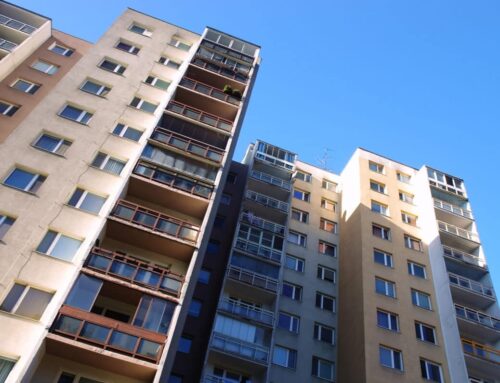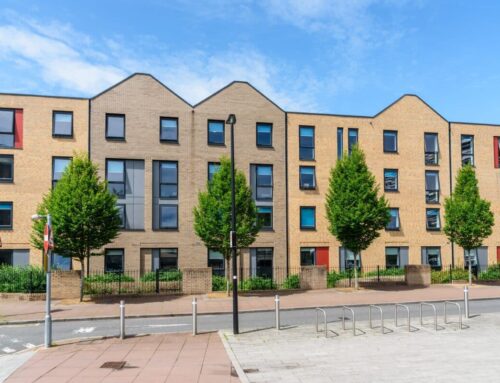How Rising Premiums Affected Leaseholders in Blocks of Flats
Darren Bagnall from Block in a Box explores the factors driving the increases and how these changes are affecting leaseholders’ finances during a cost-of-living crisis.
In 2024, UK leaseholders faced sharp increases in building insurance premiums, adding significant financial strain to their annual service charges. Rising premiums have affected many, particularly those living in residential blocks with unresolved safety concerns.
Why Insurance Premiums Have Increased
Multiple factors have come into play during 2024, all leading to increased premiums for leaseholders. Top of the list are the building safety concerns still prevalent since the 2017 Grenfell Tower fire.
The Grenfell tragedy highlighted the fire risks associated with certain cladding materials, and while many buildings have undergone remedial work to address fire safety, those with remaining concerns continue to see an increase in premiums.
As of 2024, flats with certain types of cladding or other fire risks are labelled as “high-risk” by insurers and can see premiums that are two to three times higher than average, making this a primary driver behind rising costs.
Next on the list is inflation. Inflationary pressures have increased the cost of materials and labour, affecting rebuilding estimates. Since insurance premiums are based partly on the estimated cost to rebuild a property from the ground up, rising construction costs have directly impacted premium prices.
Finally, premiums are being increased due to changing risk assessments carried out by insurers for high-rise buildings. Insurers are increasingly cautious with high-rise properties, especially if they lack fire suppression systems, have limited escape routes, or are older buildings with structural weaknesses.
High-rise blocks (particularly those over 18 metres) now undergo more stringent risk assessments, which often reveal vulnerabilities that drive up premiums. Even buildings without cladding issues have seen increases due to perceived risks associated with their height.
How Leaseholders Are Absorbing the Rising Costs
For leaseholders, rising insurance premiums have added substantially to their service charges. As building insurance is a communal expense, each leaseholder in a block of flats must contribute to the increased premium through their service charge. For some, this has meant a sharp rise in annual charges, with increases ranging from hundreds to thousands of pounds, depending on the building’s risk factors and location.
For those already facing financial pressures, the added premium costs have created hardship, particularly where higher service charges have coincided with increased energy bills and cost-of-living expenses. Some leaseholders have reported difficulty keeping up with payments, putting them at risk of arrears or even legal action.
The rise in insurance premiums has triggered questions about the fairness of service charges. Many leaseholders feel they are paying for high premiums that reflect risks they cannot personally mitigate. For instance, leaseholders in buildings with unresolved cladding issues are bearing the costs for problems they have no power to address.
The Long-Term Outlook for Leaseholders
While rising premiums have had an immediate impact, they may also affect the long-term affordability and value of leasehold properties. Potential buyers may be deterred by high service charges, leading to concerns about the value and saleability of affected flats. Some leaseholders have expressed fears that they may struggle to sell their properties or even face reduced valuations if high premiums persist.
2024’s regulatory and legal updates have bolstered the protection of leaseholders through new requirements around clarity and redress regarding insurance costs. But many will continue to face high premiums that can’t be disputed, as the risks faced by insurers are palpable. The ideal resolution would be for the cladding crisis to be brought to a close through speedy and effective remediation works, with general fire safety also a paramount concern.
Share This Story, Choose Your Platform!







Leave A Comment